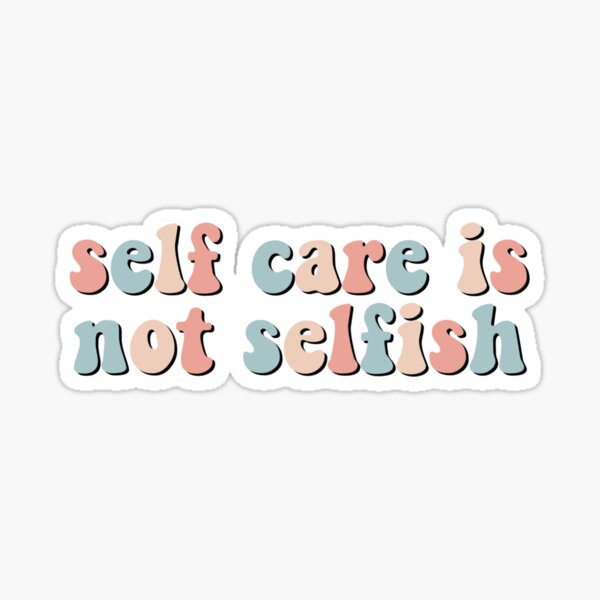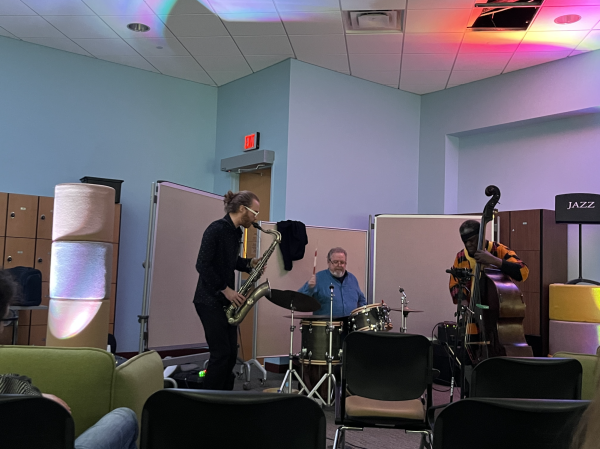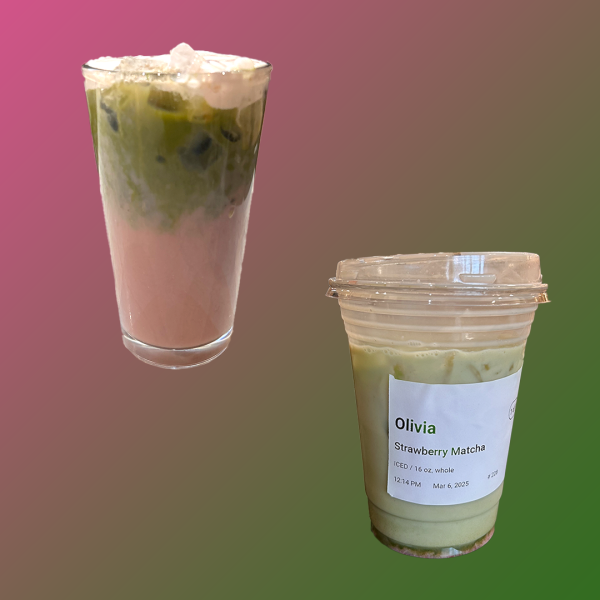Decolonizing Self-Care: What do I really need outside of bubble baths?

An intimate group of faculty and students gathered for a discussion with Oprah Jrenal, the Assistant Director of the LGBT Resource Center at Michigan State University on the decolonization of self-care, a discussion presented by InQueery on Wednesday, Feb. 17.
The decolonization of self-care calls for a more holistic approach to taking care of ourselves, focusing on mental as well as physical well-being and accessibility for people of all backgrounds. Jrenal stressed that what is fundamental to decolonizing self-care is recognizing that perfectionism, which is oftentimes a goal of self-care practices, is counterproductive to self-love.
“Perfectionism is a countermeasure to self-care, to self-love, to taking care of ourselves and is an inherent symptom of white supremacy,” Jrenal said.
Perfectionism creates confusion between making a mistake with being a mistake and is rooted in a system of profit, not appreciation. Further, the requirement for “perfect” work in classroom and professional environments in the United States is regularly applied unfairly on the basis of race, with people of color oftentimes granted less forgiveness when making mistakes than is the case for their white counterparts. Jrenal stressed antidotes to the perils of perfectionism, which include developing a culture of appreciation, positivity, inclusivity and a shift from individualism to collectivism. She also suggests relieving perfectionism can come from learning the art of forgiveness of oneself. Jrenal provided an example of a response exemplary of self-love.
“I missed that deadline and that doesn’t feel good and I’m not bad, stupid [or] incompetent because of it,” Jrenal said.
Halfway through the discussion, Jrenal opened up a Google ‘jam-board’ and asked participants to write about what we have learned about self-care. Participants danced to Black Parade by Beyonce, writing their responses and drawing on the board. Answers ranged from “put others first,” to “exercise,” to “taking care of you.”
But what does it mean to take care of you? As Jrenal herself put it, “There’s more to self-care than bath bombs.” In fact, Jrenal recommends that the focus should not be on self-care, but more specifically on an aspect of self-care: self-love. Self-care, at its worst, can be outward-facing, superficial, capitalistic and has roots in the medical field, as it was coined in the 1950s to help institutionalized patients keep basic hygiene practices. Rather, the focus should be on self-love, which is inward-facing, putting the emphasis on kindness to oneself.
The cornerstone of self-love, Jrenal explained, is understanding the ‘Cycle of Socialization.’ The Cycle of Socialization, created by Bobbie Harro, serves to aid perception of our predisposition to certain roles, how we are impacted by oppression, and how we may unknowingly or knowingly uphold said systems. By understanding their placement within social structures, one can develop a deeper understanding of self, allowing them to embark on the self-love journey, and decolonize self-care.
Jrenal shared her favorite self-love tip: the importance of saying ‘no.’ She explained that the society we live in has conditioned us to say “yes” to every opportunity, to maximize our lives, whether that be profit, opportunities or projects. But by taking a step back, one can realize the importance of saying “no” to opportunities that aren’t nourishing to the self.
First-year R Hunsicker, who attended the meeting, was particularly struck by the collective aspect to self-care.
“I never thought of self-care as being collective before now. The idea of my acts of kindness or gratitude being a reminder of my own self-worth is already enabling me to feel appreciative and proud of the things I do, no matter how small,” Hunsicker said.
Especially during this time of uncertainty and in a society characterized by workaholism, learning to practice self-care and self-love is more important than ever. Jrenal made clear self-love will not only benefit the individual but by extension the communities around them. Despite self-care being labeled by society as “selfish” or “lazy,” central to making a positive change in the world may be to learn how to unconditionally love and care for ourselves.










